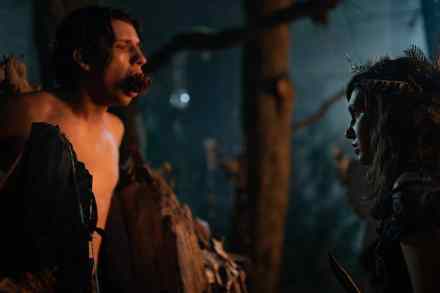Dystopian horror: They, by Kay Dick, reviewed
More from BooksHer name has faded, but the British author and editor Kay Dick once cut a striking figure. She lived in Hampstead with the novelist Kathleen Farrell for more than 20 years, among a mid-20th-century literary set that included Stevie Smith and Ivy Compton-Burnett. Her most acclaimed novel was The Shelf, the story of a lesbian






























